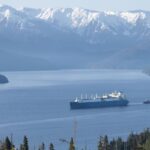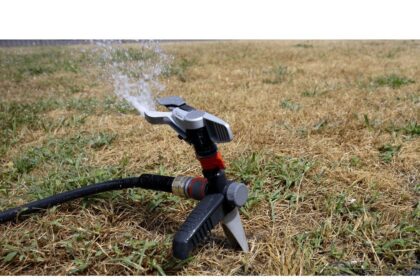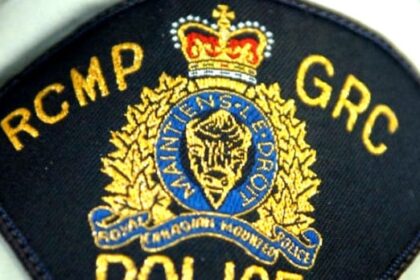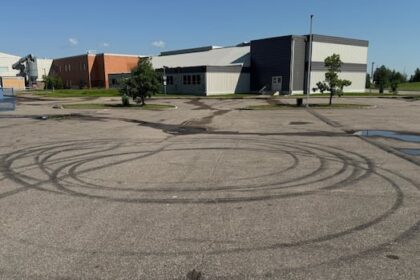A lawyer representing First Nations in a 2019 lawsuit against the federal government says his clients are considering legal action to force Ottawa to reintroduce legislation to give them cleaning drinking water. Neskantaga, Curve Lake, and Tataskweyak First Nations sued the federal government over a lack of clean water in their communities. In the end, the communities reached an agreement with Ottawa that included the need for a law to protect water rights in First Nations. But despite promises, they’re still waiting. “Minister [Mandy] Gull-Masty committed to reintroducing the legislation this fall. However, that has not happened, and there has been no indication of when Bill C-61 might be reintroduced,” says Michael Rosenberg, legal counsel for the First Nations. “Our clients are profoundly disappointed by the lack of action on such a critical file.” Rosenberg says the lack of any legislation “leaves many First Nations exposed to an ongoing water crisis.” “The status quo is unacceptable, and our clients are contemplating a revived motion to compel compliance with the settlement agreement.” That settlement agreement totalled $8 billion, which includes $1.5 billion in individual compensation, $6 billion for water and wastewater infrastructure, and $400 million for a First Nation Economic and Cultural Restoration Fund. The settlement also includes a commitment to replace water legislation passed by former prime minister Stephen Harper in 2013 that would enforce the right to clean water and support First Nations in developing their own by-laws. According to Rosenberg, the government had until the end of December 2022 to introduce that legislation. When that didn’t happen, his clients were considering their next move. Then the former Liberal government introduced Bill C-61 in December 2023. The proposed law covered “water, source water, drinking, waste water and related infrastructure on First Nations lands.” When it was introduced, First Nations put their lawsuit on hold. But the bill died on the order table when Parliament was prorogued on Jan. 4, 2025. There’s been no public movement on the water file since. What’s taking so long? Indigenous Services Canada Minister Mandy Gull-Masty, seen here attending a cabinet meeting in May, said that water legislation would be tabled in the fall session of Parliament. Photo: APTN. In mid-October Gull-Masty, the minister of Indigenous Services Canada (ISC), attended a meeting of regional chiefs and told them that clean drinking water legislation would be reintroduced in the fall sitting of the House of Commons. But, with less than two weeks left in the session, Clayton Leonard, a lawyer who has worked on First Nations water issues for the past two decades, says a senior official in Gull-Masty’s office told him that “the minister is having difficulty getting the bill back on the order table.” “The PMO [Prime Minister’s Office] has decided First Nations safe drinking water costs too much,” says Leonard. Leonard, legal counsel for the Blackfoot Confederacy in Alberta, tells APTN that implementing C-61 and honoring the billions of dollars committed isn’t in line with the priorities of the government of Prime Minister Mark Carney and the austerity measures they want to introduce. Leonard believes there’s a direct link between the $2.3 billion cut to ISC’s budget and the money Canada owes under the settlement agreement for First Nation water system funding. “I mean, it’s really obvious they’ve robbed Peter and paid Paul here.” In spite of repeated assurances she would re-introduce the bill, the minister has gone silent, according to Leonard. A spokesperson for the minister says the information that the bill won’t be reintroduced “is false.” “No such decision has been made,” says Livi McElrae. McElrae sent a statement which APTN has received in response to multiple requests on the status of Bill C-61. “Ensuring clean, safe drinking water for First Nations communities is a top priority for me and for our government,” the statement says. “We are working carefully to make sure the new legislation is strong, effective, and truly reflects the needs and priorities of First Nations communities. I take this issue very seriously and hope to have more to say very soon.” When asked whether costs are an issue in a follow up email, McElrea says to “refer to our previous statement.” Water bottles hang off the deck at a house in Neskantaga. The community has the longest boil water advisory in Canada. Photo: APTN. The Liberals supported and advanced C-61 as a historic piece of legislation that recognizes the Sec. 35 rights of self government over water on reserve lands. According to Leonard, in an analysis of C-61 posted on his law firm’s website in July, the legislation sought to affirm the inherent, constitutionally protected right of First Nations to self-government over water, source water, drinking water, wastewater, and related infrastructure on their lands. It would also confirm that water occurring “on, in and under” reserve land is part of that land, pushing back against provincial claims to jurisdiction. It would also set minimum standards for the quantity and quality of drinking water available to First Nations. As reported by APTN, both Alberta and Ontario have requested that the federal government not reintroduce Bill C-61 as they push for control of major infrastructure projects in their provinces. APTN asked Leonard how the government could potentially avoid its obligations laid out in the legally binding 2021 settlement. “The legislation part says Canada will introduce new legislation to set standards. C-61 though is a rights recognition bill. It sets a standard and says it’s a right. That, you know, they could introduce a minimalist bill that sets some squishy standards on First Nations drinking water. Leonard says what’s more difficult for the government to get around is the honour of the Crown. Leonard appeared before the Standing Committee on Indigenous and Northern Affairs on June 19, 2024, to press Canada to strengthen the bill, particularly by adding a direct recognition of the human right to water. “I had my first file about unsafe drinking water in First Nations 20 years ago,” Leonard told the committee. “And there’s been a constant flow of those issues ever since. I shouldn’t be in front of this committee 20 years after the fact, asking Canada to do the right thing on First Nation drinking water.” Leonard says no federal party should point fingers at another over the lack of a resolution. “They’re all to blame. Every single party shares in their responsibility for Canada’s failure to ensure that First Nations have access to safe drinking water-period. I don’t have and I don’t think my clients have any time for this finger pointing. Parting message to Carney The outgoing chief of Siksika addressed the prime minister directly in a news release Wednesday morning. “Canada’s record on First Nations’ safe drinking water is a national shame and an on-going violation of the most basic of human rights,” says the now former chief Ouray Crowfoot. “It’s hard to imagine how this could get worse, but your government seems to have achieved a new low by denying our human right to safe drinking water and taking money from First Nations’ essential services to pay for Canada’s own liabilities under the safe drinking water settlement agreement. “Is this what you meant in the throne speech when you said your government will be a reliable partner to First Nations and ensure our well-being and prosperity?” Siksika held its election Wednesday, and Samuel Crowfoot, Ouray’s nephew won. Leonard says he’s confident he shares the former chief’s views on the water file. Leonard is hopeful chiefs will see this story and take their concerns to the Assembly of First Nation’s Special Chiefs Assembly coming up Dec. 2 in Ottawa. “I think there’s an opportunity…to really create some heat and light around this. I would like to see a resolution that says, ‘you know what? Until you do the right thing on this, you will face opposition on any major project you wish to push forward. We’re just gonna adopt a scorched earth policy Tags: Bill C-61, Blackfoot Confederacy, Budget Cuts, Chief Ouray Crowfoot, Clayton Leonard, First Nations clean drinking water, Mandy Gull-Masty, Mark Carney, Michael Rosenberg, Minister of Indigenous Services Canada, PMO, Prime Minister Continue Reading
First Nations considering motion to compel to get feds to move on clean water legislation: lawyer
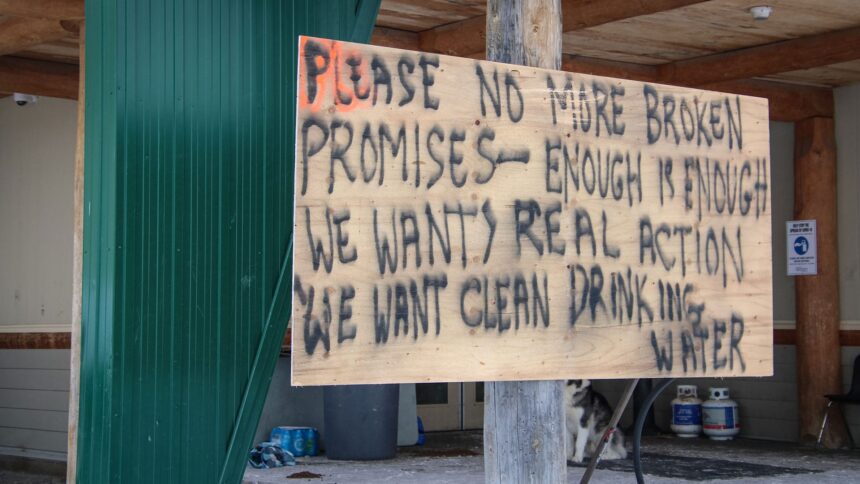
Leave a Comment



